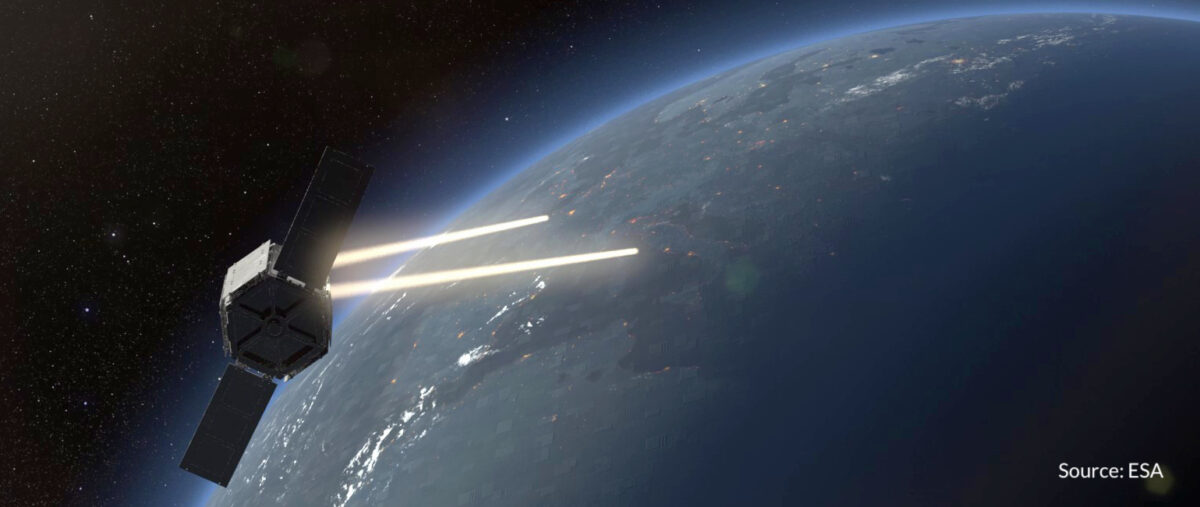“Quantum technologies will lead to enormously improved computing, communication, cryptography, navigation, and sensing capabilities that will enable hybrid actors to push the envelope of hybrid aggression”, argues Ralph Thiele.
Technological trends suggest that the portfolio of hybrid hazards will rapidly expand. With their disruptive potential, they open up new avenues for violence, as well as for the use of force in a hybrid warfare/conflict environment. New technologies have a catalytic effect on hybrid methods and tools. They improve the starting conditions for hybrid action, expand the arsenal of hybrid players and thus help to increase the reach of their activities as well as their prospects of success. Today, new technologies provide a way to achieve political goals in the grey area of various interfaces, such as between war and peace.
With this in mind, the Hybrid CoE and its Community of Interest for Strategy and Defence (COI S&D) have initiated the Hybrid Warfare: Future & Technologies (HYFUTEC) project, aimed at assessing and enhancing understanding of the disruptive potential of new technologies in the context of hybrid warfare/conflict. Within its broad future & technology horizon scanning, the project has identified 19 technological trends with urgent and profound implications in the context of hybrid scenarios.
In order to provide insights into selected technological trends and to enhance understanding of their implications for hybrid warfare/conflict COI S&D is publishing a series of HYFUTEC Technology Papers under the umbrella of Hybrid CoE Working Papers. HYFUTEC Technology Paper No. 2 concentrates on Quantum Sciences as a game-changing paradigm and disruptive innovation in Hybrid Warfare.


